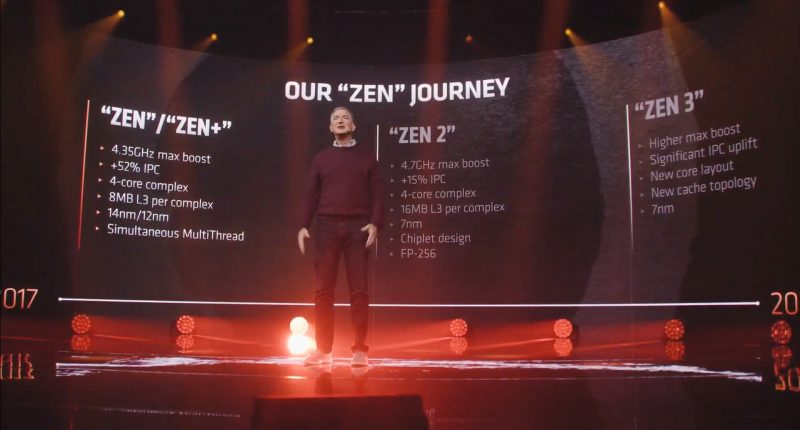The American multinational semiconductor company, Advanced Micro Devices Inc (AMD) said on Tuesday that it would buy Xilinx Inc in a $35 billion all-stock deal. This deal will make AMD Intel’s biggest rival even in the data center chip market.
Xilinx is another American semiconductor company which has always had an eye on the data center chip market with its programmable processors. These processors help increase performance in compressing videos and in digital encryption.
With Xilinx under its portfolio, AMD will be able to take up the fight against Intel for its data center business as well, after having won the CPU race with its Zen 3 based Ryzen 5000 CPUs.
The company expects to conclude the deal by the end of 2021 and plans to create a combined company of 13,000 engineers and completely outsourcing the manufacturing process to Taiwan Semiconductor Manufacturing Co Ltd.
Intel and AMD are household names to anyone familiar with personals computers. The two companies have been rivals in the PC world from a long time. Xilinx had a similar rivalry with Altera Corp, which was acquired by Intel in 2015 for $16.7 billion, providing a massive push to its data center chip business. Now, to level the playing field, AMD is acquiring the other half of this rivalry, Xilinx.
Data centers serve as the backbone of the internet, powering internet based applications and services. They store huge amounts of data and handle all sorts of processing that is required on the server side of any service. The development of AI, machine learning and neural networks have been facilitated by these data centers. Thus, having a strong presence in the data center market can provide dividends for both Intel and AMD.
Ever since joining the company in 2014, AMD’s Chief Executive Lisa Su has focused on challenging Intel on every front, including the data center market. So it doesn’t come as a surprise that when AMD saw the opportunity to directly challenge Intel, it went right ahead to acquire Xilinx.
Under the AMD-Xilinx deal, AMD shareholders will own 74% of the combined firm and Xilinx shareholders will own the remaining 26%. Continuing her role, AMD’s Lisa Su is going to take over the combined company as Chief Executive while Xilinx’s CEO Victor Peng will serve as the president who will be in-charge of Xilinx’s business and strategic growth initiatives.
The Tech Portal is published by Blue Box Media Private Limited. Our investors have no influence over our reporting. Read our full Ownership and Funding Disclosure →






